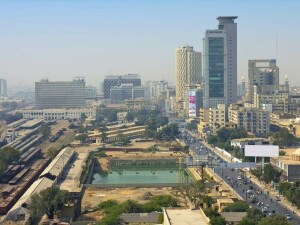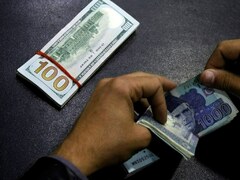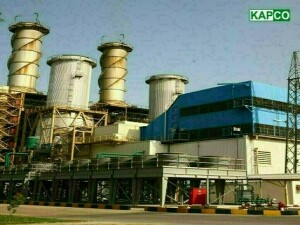Iran on Sunday flatly refused to suspend uranium enrichment despite moves at the UN Security Council to draft a sanctions resolution against it for failing to halt the sensitive nuclear work.
"The suspension is completely unacceptable and we have rejected it," foreign ministry spokesman Mohammad Ali Hosseini told reporters. "It has no place in Iran's peaceful nuclear programme."
His comments marked an unequivocal refusal from Tehran to back down in the face of pressure to suspend uranium enrichment, a process which the West fears could be diverted towards making nuclear weapons.
Hosseini also expressed defiance over the prospect of sanctions, saying that Iran was well used to such measures after being subject to a US embargo since 1980.
"The threat of sanctions is an inefficient means to achieve a solution. The Iranian people are used to this kind of sanctions and everything that they obtained was obtained under a regime of sanctions.
"The greatest sanction would be for a generation to deprive its own people and future generations of nuclear technology," he said.
In a meeting late on Friday, representatives of the five UN Security Council permanent members plus Germany agreed to discuss sanctions against Tehran after it failed to suspend sensitive uranium enrichment operations.
Senior US official Nicholas Burns said the so-called "5+1" group would start drafting this week a sanctions resolution, although he admitted finding a consensus on the extent of punitive measures would be difficult.
"I recommend to the 5+1 group not to talk to Iran with the language of threat and sanction," retorted Iran's conservative parliament speaker Gholam Ali Hadad-Adel.
"If with all our talks, they still talk about threats and sanctions, then it becomes evident that our nuclear issue is only a pretext for some powers like the United States to put pressure on our nation," he added.
General Yahya Rahim Safavi, head of the Revolutionary Guards, warned that "in this sensitive situation we have to be ready to confront the probable foreign threats," the ISNA news agency reported.
Alaedin Borujerdi, the head of parliament's foreign affairs committee, said any hasty measures by the West would spark "as a consequence a reaction by the parliament and national security council."
However the momentum towards imposing some kind of UN sanctions regime on Tehran appears strong after the London meeting, which included US Secretary of State Condoleezza Rice and top diplomats from the five other countries.
In a statement issued by host Britain, the group agreed to discuss sanctions and lamented Tehran's refusal to suspend uranium enrichment, but insisted that the door remains open to negotiations if Tehran were to back down.
Burns, the US under secretary of state for political affairs, said that work on a new Security Council resolution under Article 41 of the UN charter, which allows for diplomatic and economic sanctions, would start next week.
BR100
15,103
Increased By
140.9 (0.94%)
BR30
42,619
Increased By
540.8 (1.29%)
KSE100
148,196
Increased By
1704.8 (1.16%)
KSE30
45,271
Increased By
438.2 (0.98%)






















Comments
Comments are closed.